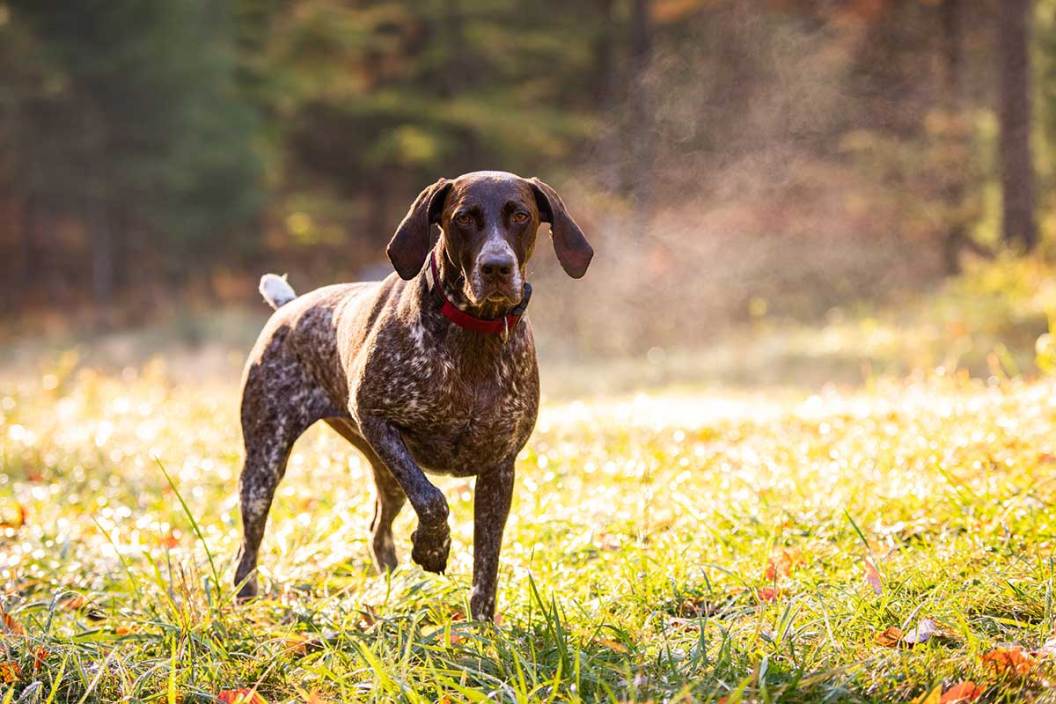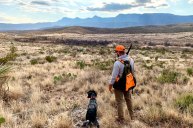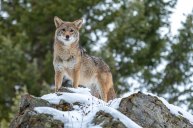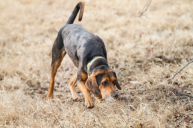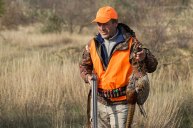Keeping our gun dogs out of the field between April and August should be the restraint of every upland game hunter.
For many states, hunting dog regulations dictate that training should not occur during a spring-to-summer period typically beginning on April 15.
There are several reasons why we should strive to keep from training our gun dogs over the summer, but maybe the biggest is to take the pressure off of the ground nesting birds such as the wild turkey.
Our gun dogs are our partners in the woods and fields, but many times these sorts of rules are unknown, unclear, or ignored. In hopes of making it more obvious, these are the biggest reasons it's pertinent to follow this specific guideline.
Impact on Upland Game Birds
As most know, many of the game bird species which we hunt make their nests on the ground. When they lay their eggs, the last thing they need is the exceptional nose of our favorite hunting dog disturbing the rearing process. We have to admit that the average hunting dog doesn't know that it isn't hunting season. It's on us to recognize the impact we're having on the animals we want to hunt, even if the hunting season is in the distant future.
If a dog points, flushes, or merely comes close to a nesting upland game bird, it can spell disaster.
The Dangers of Heat
Heat stroke should be a concern of any dog trainer, be it a professional or an amateur just try to get going with some basic obedience training. As any good trainer will tell you, heatstroke can kill a gun dog, and it can happen quite quickly in the field.
Signs that a dog has overheated include excess salivation, dark red gums, and obvious stumbling.
Ticks and Other Dangers
Insects don't care about the pathogens they're likely to pass on to hunting dogs (or humans, for that matter). They're out to get theirs, and they won't hesitate to subject your dog to whatever hazards they may be carrying. The period that's typically closed to hunting dog training coincides with the onset of tick and mosquito activity, which helps protect against those dangers.
Not only can those biting bugs carry disease, but there are also things like Leptospirosis, caused by drinking unclean water, that can affect a dog's well-being. Add to that the threat of snakes, porcupines, and even barbed wire or cactus (which is tough to see with fresh vegetation growth), and you have a plethora of good reasons to stay out of the field.
Better Choices
Depending on the state and the specific rules, you're still able to work with your hunting dog during the April to August timeframe, but not always in the way that's most productive to their hunting or tracking skills. Public hunting areas in general are off limits, as they should be, but private lands are typically regulated differently.
Many park areas have open fields that offer plenty of space to work on obedience, retrieval training, or scent work. But in terms of live hunting scenarios, you and your dog are best served leaving that to the approved dates.
Maybe the best choice is to cut the training sessions you are allowed to conduct from April to August down in frequency and time to reflect the conditions and surroundings, and in turn keep your dog as safe as possible.
Certainly a hunting dog needs to be in good condition when the season finally does roll around, so it is essential to keep your dog as active as possible while remaining sensitive to his or her health. Even some indoor work can be done in places like the garage or the basement if you get creative.
Do the work you know you and your dog need to increase proficiency, but don't neglect the need to give them great care and support.
Please check out my book "The Hunter's Way" from HarperCollins. Be sure to follow my webpage, or on Facebook and YouTube. Go to Rack Hub and use the coupon code Craiger for a new way to display those antler sheds!
READ MORE: FINISHED GUN DOG: HOW TO KNOW YOUR PUP IS READY FOR THE FIELD
